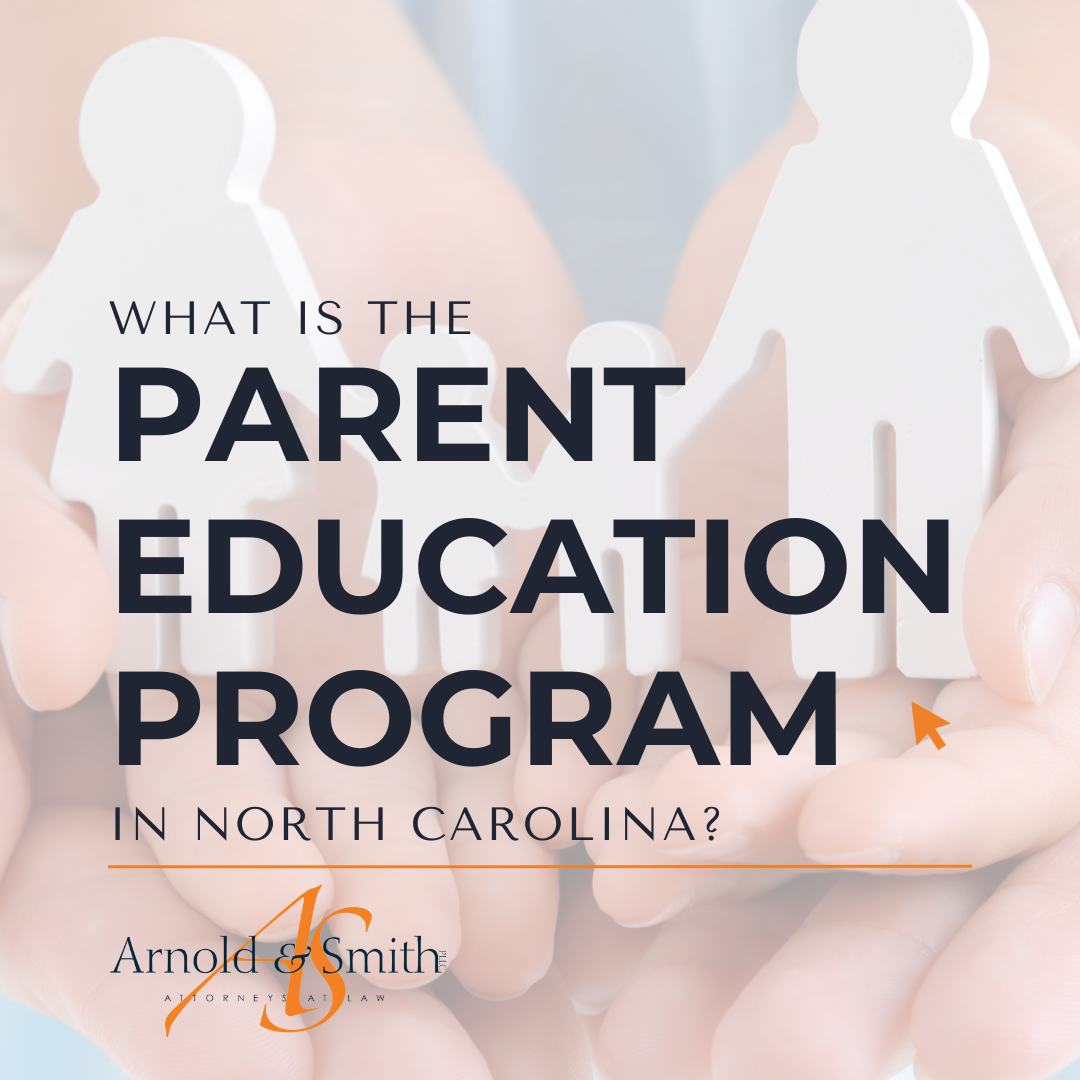 What is the Parent Education Program in North Carolina?
What is the Parent Education Program in North Carolina?
As a parent, you are responsible for the care and well-being of your children. When you divorce, you and your spouse are both generally required to continue to provide for your children. Often, parents share custody of their children. This means that they are both responsible for legal and physical custody of their kids. Sharing parental responsibilities can be challenging, especially in situations where you and your spouse are not getting along. North Carolina provides some guidance in the form of a parent education program that can be helpful to parents who are separating or divorcing.
Parent Education Program
 Charlotte Divorce Lawyer Blog
Charlotte Divorce Lawyer Blog










